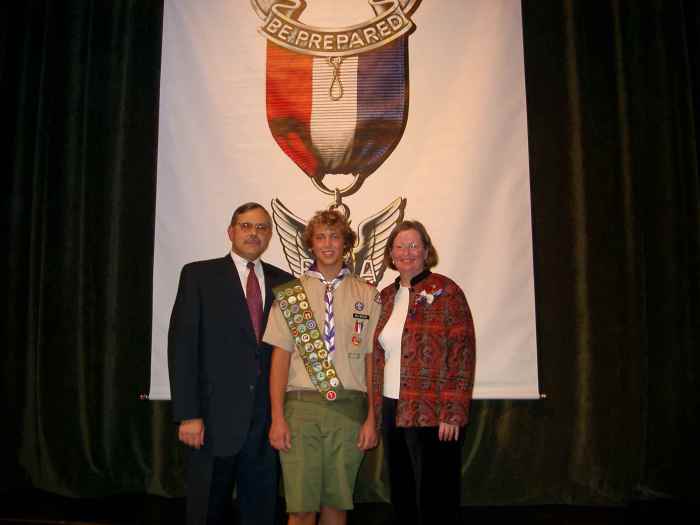Introducing “juan hola linda que tal las clases,” a phrase that resonates within Spanish-speaking communities, this exploration delves into its linguistic intricacies, cultural significance, and grammatical nuances. Embark on a journey to uncover the essence of this colloquial expression, unraveling its layers of meaning and usage.
As we delve deeper into the topic, we will examine the informal language employed, defining each word’s meaning, and exploring the grammatical structure that underpins the phrase. Moreover, we will uncover the cultural context that shapes its usage, highlighting appropriate and inappropriate scenarios for its deployment.
1. Language Usage

The phrase “juan hola linda que tal las clases” is an example of informal language commonly used in Spanish-speaking communities. It is characterized by the use of contractions, slang, and colloquial expressions that are not typically found in formal or written Spanish.
Similar phrases that are commonly used in informal Spanish conversations include:
- “¿Qué onda?” (What’s up?)
- “¿Cómo estás?” (How are you?)
- “¿Qué haces?” (What are you doing?)
- “¿Qué tal?” (How’s it going?)
- “¿Qué pasó?” (What happened?)
The use of informal language in Spanish-speaking communities serves several purposes. It can be used to express familiarity and closeness between speakers, to create a more relaxed and casual atmosphere, and to convey a sense of belonging to a particular group or community.
2. Vocabulary
The following table provides the definitions, synonyms, and antonyms for each word in the phrase “juan hola linda que tal las clases”:
| Word | Definition | Synonyms | Antonyms |
|---|---|---|---|
| juan | A male name | John, Juanito | María, Pedro |
| hola | Hello | hi, greetings | goodbye, farewell |
| linda | Beautiful | pretty, gorgeous | ugly, unattractive |
| que tal | How are you? | what’s up, how’s it going | – |
| las clases | The classes | the lessons, the courses | – |
3. Grammar

The phrase “juan hola linda que tal las clases” follows the typical grammatical structure of a Spanish sentence, with the subject (“juan”) coming first, followed by the verb (“hola”), and then the object (“linda”). The phrase “que tal las clases” is a question that asks about the other person’s classes.
The parts of speech of each word in the phrase are as follows:
- “juan” – noun (subject)
- “hola” – verb (greeting)
- “linda” – adjective (describing the subject)
- “que tal” – question word (asking about the other person’s classes)
- “las clases” – noun phrase (the object of the question)
Similar grammatical structures in Spanish include:
- “¿Cómo estás?” (How are you?)
- “¿Qué haces?” (What are you doing?)
- “¿Qué tal el día?” (How is your day going?)
- “¿Qué pasó?” (What happened?)
4. Cultural Context
The phrase “juan hola linda que tal las clases” is typically used in informal settings between friends or acquaintances. It is considered appropriate to use this phrase in social situations, such as when meeting someone for the first time or when greeting someone you know well.
However, it is important to note that the use of informal language can vary depending on the social context. In some situations, it may be considered disrespectful to use informal language with someone who is older or in a position of authority.
5. Translation: Juan Hola Linda Que Tal Las Clases

The phrase “juan hola linda que tal las clases” can be translated into English as “Hi Juan, how are your classes going?” However, it is important to note that this translation does not capture the full meaning of the phrase, as it does not convey the informality of the original Spanish phrase.
Alternative translations that capture different nuances of the phrase include:
- “What’s up, Juan? How are your classes?”
- “Hey Juan, how’s it going with your classes?”
- “Juan, how are your classes going?”
The challenges and considerations involved in translating this phrase into English include the need to convey the informality of the original phrase, as well as the cultural context in which it is used.
FAQ Overview
What is the meaning of “juan hola linda que tal las clases”?
The phrase translates to “Hi Juan, how are your classes going?” and is used in informal Spanish conversations to inquire about someone’s academic progress.
Is it appropriate to use this phrase in formal settings?
No, this phrase is considered informal and should be avoided in formal or professional contexts.
What are some similar phrases used in Spanish?
Other informal phrases for asking about someone’s classes include “¿Qué tal te va en las clases?” and “¿Cómo van tus estudios?”